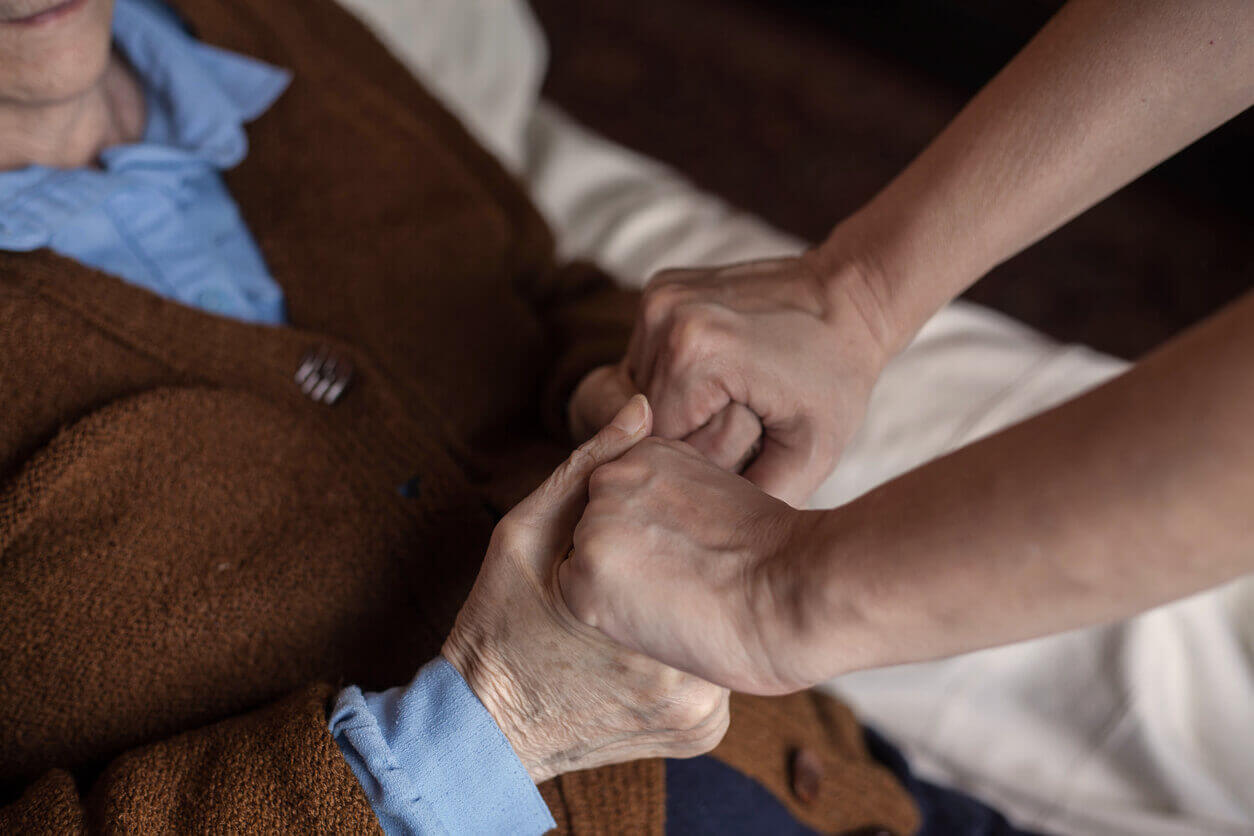People with kidney disease who are in long-term dialysis therapy must adjust to new forms of self-management. They may also struggle to cope with feelings of isolation and depression. Studies have shown that peer support helps patients adjust to living with chronic illness; it also helps improve the patient’s general sense of well-being, and their survival rates. In addition, peer support improves the health of the one who helps the patient.
Dr. Gura is a nephrologist and internist in Beverly Hills who specializes in treating kidney disease. He and his team can help you find the support you need.
Challenges Faced by People with Kidney Disease
People with kidney disease often require complex medical management for issues such as
- Hypertension
- Dyslipidemia
- Anemia
- Poor nutrition
- Mineral and bone disorder
Kidney disease puts them at risk for kidney failure as well as cardiovascular disease.
They must also adjust to a new diet (dietary prescription) and reduced fluid intake while they are on maintenance dialysis. The discomfort of dialysis and other hospitalizations and medical treatments are difficult in themselves. It is also difficult to deal with the disruption of normal activities that these things cause.
Outside of treatment, people with kidney disease must maintain their roles as employees, family members, and friends. This can be difficult while coping with the anger, fear, frustration, anxiety, and sadness that chronic illness brings. People with kidney disease come face-to-face with their own mortality and a potentially shortened lifespan.
Benefits of Peer Support
When a patient is newly diagnosed with kidney disease, they may have questions or even fears which they wish to discuss with a peer who is going through a similar experience. They may need help coming to terms with the disease, and the understanding ear of someone who has gone through the same process can be invaluable. Social support has even been shown to increase survival rates.
“Programs that mobilize peer support” are both “effective and economical.” [kidney.org.]” Peer-to-peer support brings kidney patients into touch with one another so that they can cope with their illness in a compassionate and understanding way, without judgment.
Why Peer Support is Effective
Your nephrologist andinternist in Beverly Hills,Dr. Gura, provides you with the best care possible in treating kidney disease.Additionally, nothing can compare to the kind of support you receive from someone who has “been there.” Other people with kidney disease can provide you with an understanding of shared life experience that others cannot. They can:
- Validate feelings
- Reduce social isolation
- Reduce stigma
- Increase hope
- Increase optimism
- Normalize experiences
- Improve self-esteem
- Improve depression
- Alleviate social isolation
- Help with self-management
“Peer mentoring has been shown to be highly effective in helping people with kidney disease adjust to dialysis and approach end-of-life planning, and in alleviating fears about kidney transplantation [kidney.org.]”
Helping Helps the Helper, Too
Providing support to another person with kidney disease can increase physical health, life satisfaction, and lower rates of depression for the helper. It makes the helper more optimistic about their chances to live longer.
Volunteering to help another kidney patient provides the helper with a sense of purpose, especially in older adults. “Stevens and colleagues report that the median age of new dialysis patients is 65 years, and the fastest growing age group is over 75 years [kidney.org.]” For people of any age, including chronically-ill adolescents, the act of helping others creates a sense of accomplishment and competence.
Helping others makes peer mentors more knowledgeable and secure in their skills. As a result, they become better at their own self-care. Providing support also helps mentors come to terms with their own illness and alleviates depression.
If you are interested in participating in a peer mentorship program, contact kidney specialist Dr, Gura, nephrologist and internist in Beverly Hills.
In summary, by helping others, peer mentors help themselves; “by supporting others, they protect themselves from social isolation and physical decline [kidney.org.]”
Internist in Beverly Hills
Dr. Victor Gura is a world-renowned board-certified nephrologist and internist in Beverly Hills, CA. Dr. Gura specializes in the diagnosis and treatment of kidney disease and dialysis technology. He is the inventor of the Wearable Artificial Kidney (WAK,) an ergonomic portable dialysis device that can be worn on the body 24/7. Contact Victor Gura, MD today.

